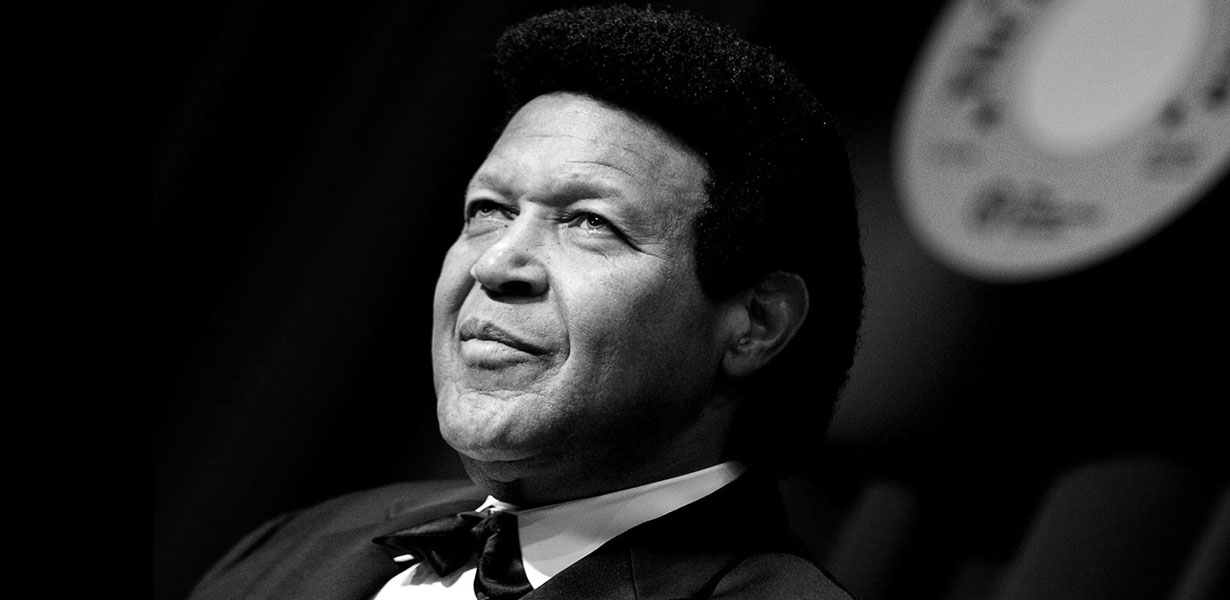
The Librarian of Congress, James H. Billington, today announced the selection of 25 sound recordings to the National Recording Registry of the Library of Congress, marked for preservation because of their cultural, artistic and historic importance to the nation’s aural legacy and ABKCO’s Cameo Parkway recording of “The Twist” by Chubby Checker has been selected as an inductee!
Chubby Checker’s rendition of “The Twist” became emblematic of the energy and excitement of the early 1960s. Originally a 12-bar blues song written and released as a “B” side in 1959 by Hank Ballard and the Midnighters, “The Twist” enjoyed only moderate success until American Bandstand host Dick Clark selected Checker, a young singer from Philadelphia, to record a new version and perform it on his program. Checker’s recording quickly became a hit with teens and the model for many takeoffs. “The Twist” also caught on with adults when café society worldwide embraced the dance craze—even as teens were moving on to such new steps as “the mashed potato” and “the slop.” Frank Sinatra recorded a “Twist” song, “The Flintstones” twisted and Bob Hope quipped, “If they turned off the music, they’d be arrested.” Reissued in 1962, Checker’s version soared again to the top of the charts, ahead of the other “Twist” records that had inundated the recording industry in the intervening months.
“Congress created the National Recording Registry to celebrate the richness and variety of our audio heritage and to underscore our responsibility for long-term preservation, to assure that legacy can be appreciated and studied for generations,” said Billington. “Our challenge, however, continues to be finding collaborative and innovative ways to protect and make available this unmatched legacy to the public.”
Under the terms of the National Recording Preservation Act of 2000, the Librarian, with advice from the Library’s National Recording Preservation Board (NRPB), is tasked with annually selecting 25 recordings that are “culturally, historically, or aesthetically significant” and are at least 10 years old. The selections for the 2012 registry bring the total number of recordings to 375.
The selections named to the registry feature a diverse array of spoken-word and musical recordings—representing nearly every musical category—spanning the years 1918-1980. Among this year’s selections are Simon and Garfunkel’s 1966 album, “Sounds of Silence”; “The Dark Side of the Moon” by Pink Floyd, which received the highest number of public nominations among this year’s picks; the soundtrack to the popular movie “Saturday Night Fever”; the 1918 trendsetting “After You’ve Gone” by Marion Harris; “Cheap Thrills,” Janis Joplin’s second release with Big Brother and the Holding Company; the radio broadcast featuring Will Rogers’ 1931 folksy insights in support of Herbert Hoover’s unemployment-relief campaign during the Great Depression; and Artie Shaw’s breakthrough hit, “Begin the Beguine.”
Additions to the registry feature notable performances by Leontyne Price, Ornette Coleman, The Ramones, The Bee Gees, Clarence Ashley, Doc Watson, Philip Glass, Betty Carter, Junior Wells, Jimmie Davis, Frank Yankovic, The Blackwood Brothers and The Neville Brothers.
Nominations were gathered through online submissions from the public and from the NRPB, which comprises leaders in the fields of music, recorded sound and preservation. The Library is currently accepting nominations for the next registry at the NRPB website (www.loc.gov/nrpb/). Several of the selections on the registry were public nominations.
As part of its congressional mandate, the Library is identifying and preserving the best existing versions of each recording on the registry. These recordings will be housed in the Library’s Packard Campus for Audio Visual Conservation in Culpeper, Va., a state-of-the-art facility that was made possible through the generosity of David Woodley Packard and the Packard Humanities Institute, with benefaction from the U.S. Congress. The Packard Campus (www.loc.gov/avconservation/) is home to more than 6 million collection items, including nearly 3.5 million sound recordings.
After 10 years of collaborative effort and the 2010 release of the first-ever-conducted comprehensive study on the state of recorded-sound preservation in the U.S., last month the Library unveiled its plan to save the nation’s endangered aural legacy (PDF). This blueprint makes 32 recommendations—long-term and short-term—covering infrastructure, preservation, access, education and policy strategies. Among them are the application of federal copyright law to pre-1972 sound recordings; creation of a national directory of all recorded sound collections and a national discography; and establishment of university-based degree programs in audio archiving and preservation.
Founded in 1800, the Library of Congress is the nation’s oldest federal cultural institution. The Library seeks to spark imagination and creativity and to further human understanding and wisdom by providing access to knowledge through its magnificent collections, programs and exhibitions. Many of the Library’s rich resources can be accessed through its website at www.loc.gov.